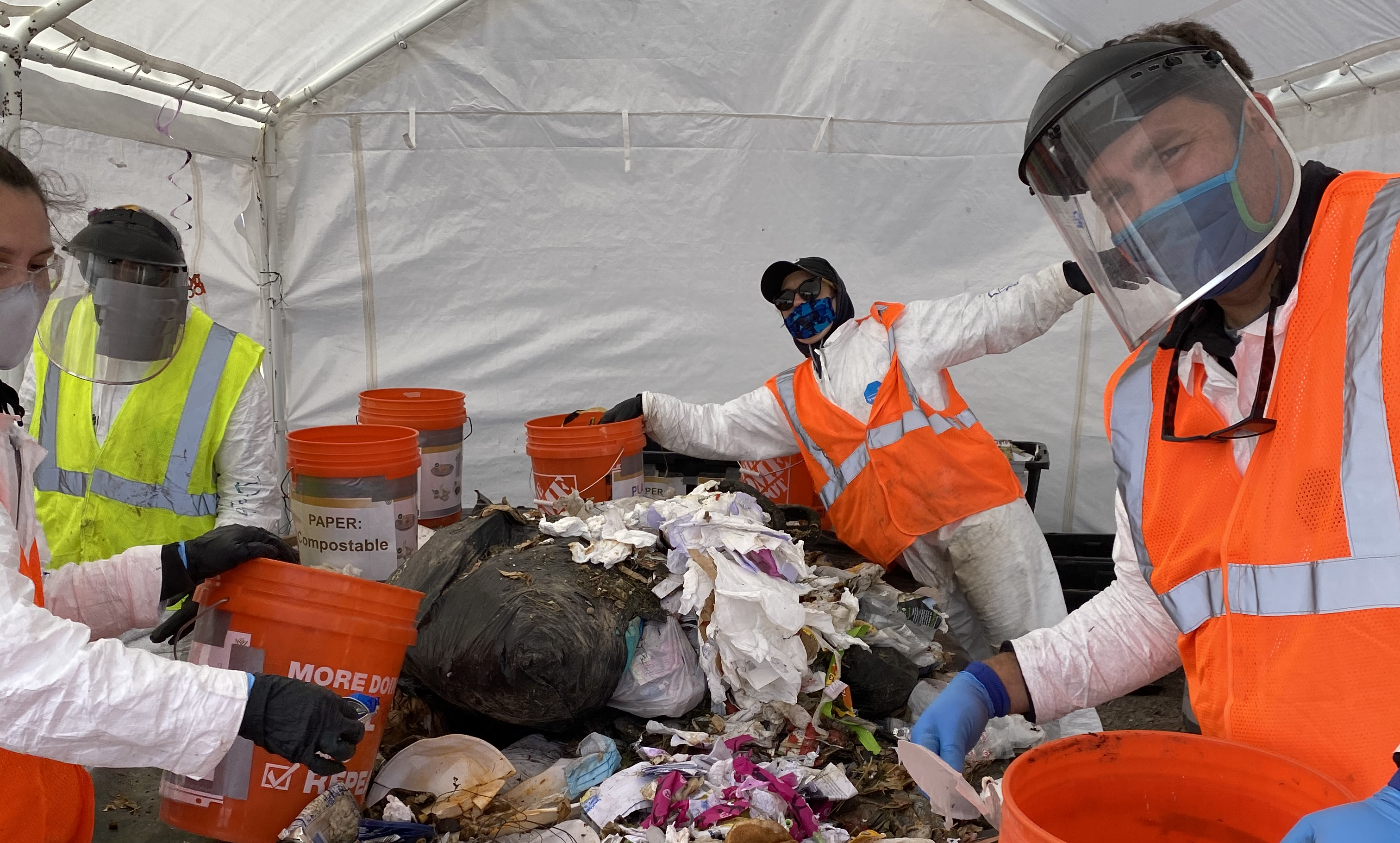Sustainability Consulting or Environmental Consulting: What is the difference?
Warm Springs Consulting (WSC) is often mistaken for an environmental consulting firm. While we do work on some environmental topics, WSC is a sustainability consulting firm, not an environmental consulting firm.
What is the difference between an environmental consulting firm and sustainability consulting firm?
There are some commonalities between the two types of consulting firms. Both have highly technical staff and work on solving environmental issues - and occasionally there is overlap in some of the services and work products. The key difference lies in their primary focus.


Environmental Consultants - Specialized
Environmental consultants typically focus on measuring, tracking, and mitigating environmental problems (mostly looking at legal compliance and permitting). They provide services such as environmental impact assessments, natural resource management, pollution monitoring, and regulatory compliance assistance. Firms will sometimes further specialize in specific topics such as air quality, water, ecosystems, or toxics. Environmental consultants often have degrees in science, natural resource management, or engineering, with advanced degrees, such as MS or PhD. Some examples of well known environmental consulting firms include: Tetra Tech, Brown and Caldwell, Davey, and Arup.
Sustainability Consultants - Interdisciplinary
Sustainability consultants (like WSC) are focused on triple bottom line value creation, helping companies implement sustainable products and practices into their operations, product and service offerings, and core strategy. They typically provide services such as sustainability assessments, greenhouse gas inventories, climate risk assessments, integrated financial analysis, ESG reporting, and employee engagement. Some firms will specialize in certain topics such as greenhouse gas accounting, climate risk, DEI, and resilience. Sustainability consultants typically have interdisciplinary educational backgrounds, often with degrees in resource management, science, economics, engineering, finance, or business. Our firm tends to hire staff with both science or engineering degrees combined with a cross-disciplinary advanced degree MA, JD or MBA. Sustainability consultants need to be able to dig through landfill waste, calculate potential avoided emissions, and then step into a boardroom to present a financial model that makes the business case for landfill gas capture. Because the discipline of sustainability consulting involves operational and financial impacts, sustainability consultants must have communications, technical and financial knowledge to optimize value creation for a business.
How Sustainability and Environmental Consulting Firms Work Together
In delivering on sustainability strategies, sustainability consulting firms will often work closely with environmental consulting or engineering firms for design, project implementation, compliance and permitting. WSC often works along-side and in collaboration with environmental consulting firms on a range of projects in mining, waste and natural resource management. We see the skills of both firms as complementary and mutually supportive. Moreover, we tend to have a lot of fun with our colleagues and friends at environmental consulting firms - as we enjoy comparing notes and learning how to further optimize outcomes for our clients.
